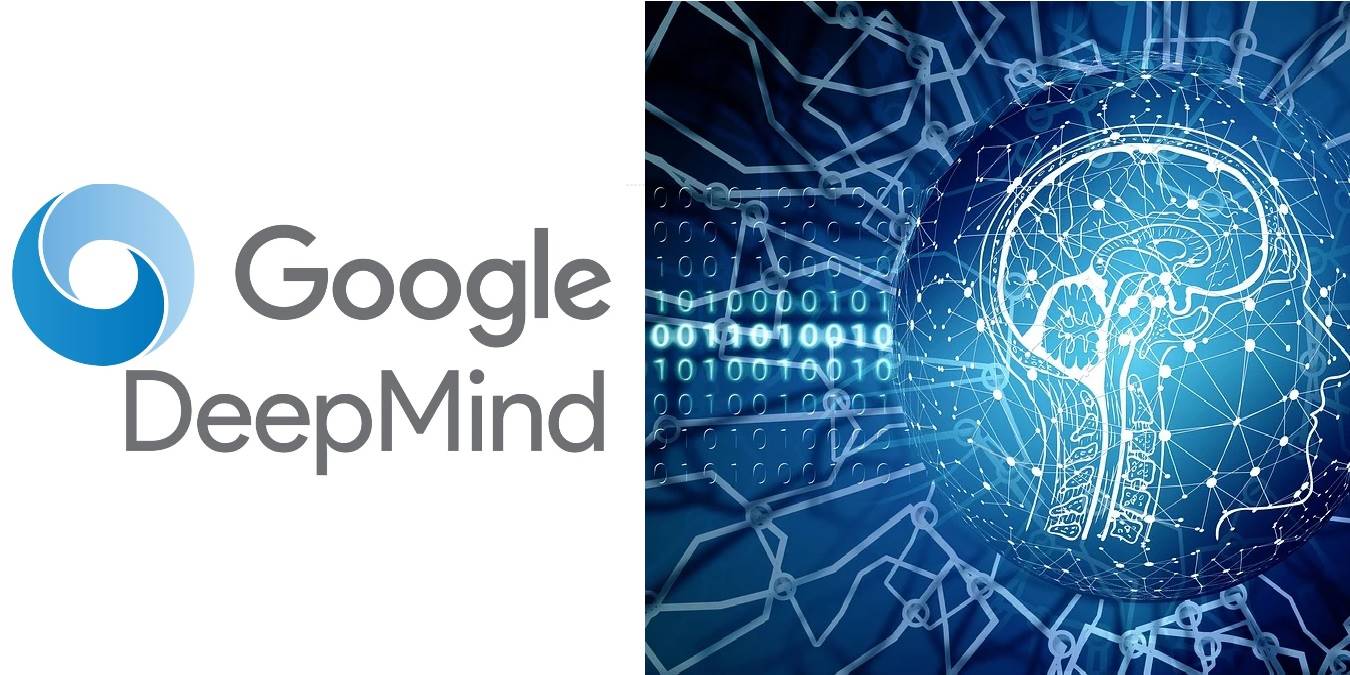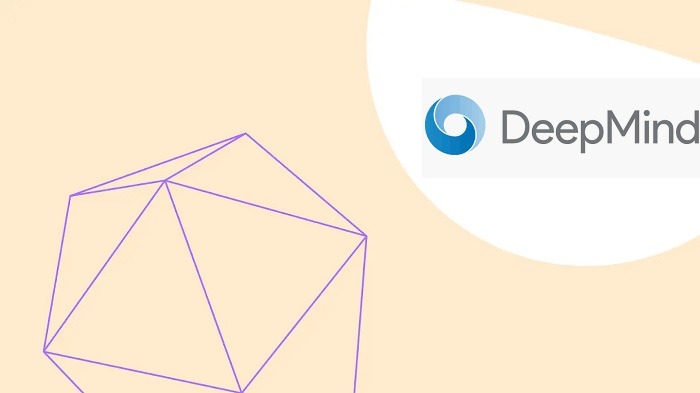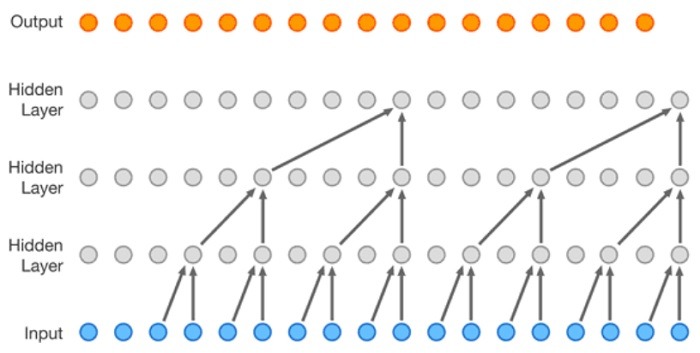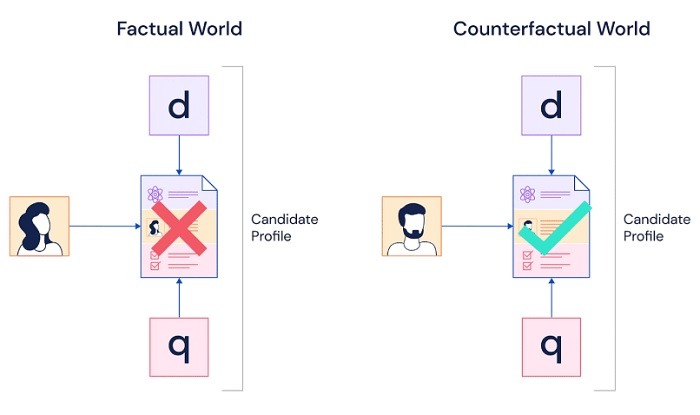
Deep learning refers to an emerging area of machine learning that uses artificial neural networks to make decisions on our behalf as they are more reliable than human decisions. It consists of many interrelated fields including natural language processing (NLP), cognitive computing, recommender systems, board game programs, and image recognition.
Ever since its takeover by Google, DeepMind has become the world’s foremost deep learning neural network. Let’s look at the story behind the AI engine, its ongoing applications and whether you should have concerns about privacy in the smart devices where it’s used.
What Is DeepMind?
DeepMind is a neural network that uses “reinforcement learning” techniques to develop artificial intelligence (AI) algorithms designed to mirror human thought processes. It combines several fields, such as system neuroscience with machine learning to create powerful AI applications.
Some areas where DeepMind is used include WaveNet for Google Assistant, Play Store app recommendations, AI applications for healthcare, and many other unsupervised and predictive learning projects.

Founded in the UK in 2010, DeepMind first shot into prominence after its algorithm, AlphaGo, beat Lee Sedol, the world’s leading Go Grandmaster, 4-1 in a televised contest. Its AlphaStar AI program defeated professional Starcraft II gamers. Clearly, it brings to life the adage that machines are becoming smarter than human beings like no other program before.
In 2014, Google paid about £400 million ($520 million) to acquire the company.
Data Privacy Concerns
Despite a takeover by Alphabet Inc., DeepMind claims independence for its non-Google products and services. According to Mustafa Suleyman, the co-founder of DeepMind, this extends to many of its sensitive applications such as patient data services.
DeepMind operates autonomously from Google, and we’ve been clear from the outset that at no stage will patient data ever be linked or associated with Google accounts, products or services – Mustafa Suleyman
On its website, DeepMind maintains that it follows strict data privacy standards to prevent personal information misuse. All details about processing user data have been covered at this link.
Applications of DeepMind
Have you recently used Play Store recommendations to download an app? Then you’d have encountered DeepMind’s personal recommendation algorithms that power new choices based on our tastes and download behavior.
I always wondered how it was possible for Play Store to provide me an exact-close match to whatever app I was looking for. DeepMind is what powers the advanced intelligence.

Likewise, if you were wondering how Google Assistant grasped your natural voice so easily, DeepMind uses an AI technology called Convoluted Neural Networks (CNN). It’s a complex probabilistic algorithm that improves the learning of AI wavelets to accurately identify your speech patterns. Whether you have a difficult accent or use a lot of grunts while speaking, this neural software will figure you out within no time.

Some of the novel and innovative applications of DeepMind include its use in Google’s wind farms in the central United States where it predicts electricity output some 36 hours before it is generated. It indicates that the program is used in predictive modeling and behavior analysis.
Future Capabilities of DeepMind
DeepMind’s makers are working on a new range of neural capabilities that truly boggle the mind. For instance, one of their projects, “Causal Bayseian networks,” uses machine algorithms to predict if a job applicant was treated fairly. It uses counterfactual scenarios such as replacing a female’s photograph with a male, to see if that would have improved her chances of getting hired.
This is quite a revolutionary technology: if you were ever turned down on a job application simply because of your last name, race, gender, age, or any other criteria, such a neural assessment program will quickly determine how fairly you were treated.

DeepMind can also create neural scene representations using what is known as Generative Query Network (GQN). As humans, when we see a picture, we often remember the vivid details and can capture them later.
However, artificial intelligence programs see nothing more than lines and contours. GQN aims to change this with a better rendering of what a computer or camera sees online. In other words, not only can AI systems defeat humans in a game of chess, they can even outthink and out-imagine us now.
Conclusion
DeepMind is one of the most prolific AI technologies that is silently changing the world around us. While there are many other comparable technologies such as Wolfram Alpha or AutoML, DeepMind is in a league of its own given its phenomenal success in recent years.
What are your thoughts about DeepMind? Were you aware of its growing use in our everyday lives? Do share your views in the comments.











